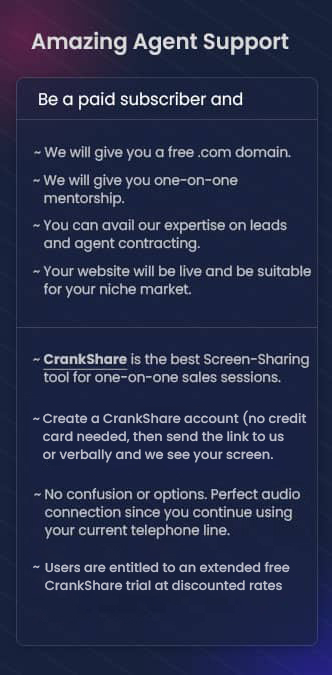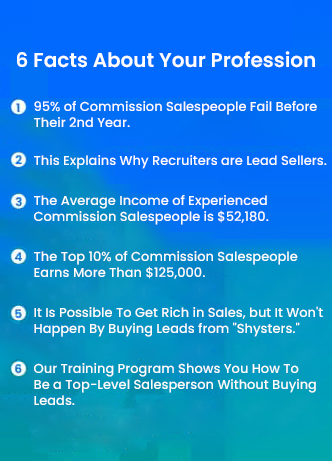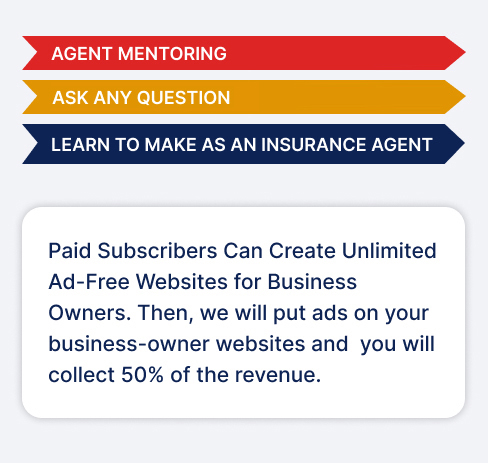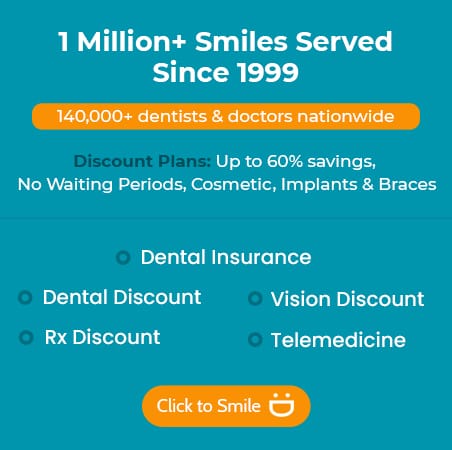Do I really need life insurance?
I have found inmy 25 years of being an advisor that there is no better way to clear a room than to start talking about buying life insurance. I don’t care how sick or elderly a personis, nobody wants to face their own mortality. We want to live and sometimes don’t realize what challenges we leavebehind for our loved ones when we die.
Think of itthis way. Having adequate life insuranceis not planning your death; it is a way to show your family that you love themenough to plan ahead.
The only thingsadder than an untimely death is when the already bereaved family finds itselfstressed by additional bills left behind by the dearly departed, or worststill, looking for financial assistance to bury their loved one. How many times have you been asked tocontribute to a funeral fund by a bereaved family? A moderate funeral is around $10,000. Most families don’t have that type of cashjust lying around. Wouldn’t it be loving and kind to make sure that in theevent of your death, your family won’t be thrust into this position?
Another reasonto have life insurance is that it is not just for paying a benefit in the eventof death. Many policies can be used aspart of a Private Retirement Plan. Overtime they can build cash that can be borrowed against or used as income duringretirement. Of course, these are morecomplex, but many people have found that this is an easy way to help buildtheir retirement nest egg.
Oh great…Now I’m sick &broke
A criticalillness, a serious accident, even a difficult pregnancy are taxing enough on afamily…they can happen at any time and with no notice. The last thing you want to have to think ofis money. Ask yourself, if my doctortold me today that I cannot work for an extended period of time, what am Igoing to do for money?
Statisticsshow that an average of 2,370 disabling injuries occurs every hour. You are much more likely to become disabledthan to die. The average disability in
Imagine, threemonths, no work, in pain, with little or no income. When I speak to groups on the subject ofdisability the first thing we talk about is a need. Do you need to worry about becomingdisabled? I ask them to make a list ofthe people they could call to get the money that they need to sustainthemselves (and in many cases their family) in the event that they could notwork for three months. Who could payyour mortgage, car payment, student loans, utilities, buy food and keep all ofyour insurances going while you recover? How much would you have to borrow? What would you have to sell? Somepeople have a spouse or other family to rely on, which is great. However, the vast majority of the people Iknow and service are either two parents working together to make it or singleparents making it on their own. Mostdon’t have an emergency fund of three to six months of expenses. Most are living paycheck to paycheck. What to do?
Now, while youare healthy, is a great time to review your company’s short and long-termdisability policy. You may be surprisedto learn that because of expense and abuse, many companies have reduced oreliminated their short-term and long-term disability programs. You may be surprised to learn that your ‘disabilityplan’ is the use of your vacation days. When those are used up, that is the end of it. Or you may find out that your disability planpays you 60% of your salary up to $200 per week (very common), for up to threeor six months per year with no allowance for another disability or a largersalary. Very bad if you have a series ofbad things happen or your serious disability lasts longer than the plansbenefit period or if you need more than $200 per week to pay your bill. You may also learn that even if you cannot doyour job, but can do another type of job, your disability plan may notpay.
What can youdo to protect yourself? First of all, anemergency fund of at least three months perhaps up to nine months would be awonderful starting point. Yes, that is alot of money. A little bit put aside andleft untouched each and every month over time can make all of the difference inthe world when you need it.
Another thingyou may want to consider is personal short-term disability coverage. Some companies that have eliminated groupplans or those that have slashed their group benefits may offer voluntary plansthat you can purchase. These plans areusually at reduced rates and can be very effective. Or, you may be able to buy a privatedisability plan. Either way, buyersbeware. Make sure your plan has thefollowing provisions:
Coverage that will pay you if you cannot do the duties of your job. If a person does heavy labor but can answer the phone, some policies won’t pay because of that stipulation.
Make sure that the benefit you select will actually help you. If you need $3,000 a month to live, don’t buy a $1,000 per month plan in order to save money. Don’t buy too much either. You don’t want to be insurance poor.
Check your benefit period. They can be three, six, twelve months, 2 years, 5 years or to age 65. Also to save money, choose the longest elimination period that makes sense for you. Plans run from no waiting period to as long as 180-day wait. Work with your advisor to find something that will work for you.
Is all of thecoverage that you have a part of your group plan at work? You should definitely speak to an insuranceadvisor. A lot of times these types ofplans offer term coverage. The term isup when you separate from employment, (i.e. you are disabled, retired orterminated from work). Also, that groupplan usually is no more than $20,000 coverage, and may not cover your spouse orchildren.
There are manydifferent types of plans and everyone, yes everyone, can get lifeinsurance.
Now is a goodtime to review just how much coverage you have and how much you need. Do you have too much coverage since yourfamily status has changed? How aboutyour parents and elderly relatives, do they have adequate coverage toprotect you? These can be unpleasantquestions and difficult topics to discuss, but it needs to be done.





























